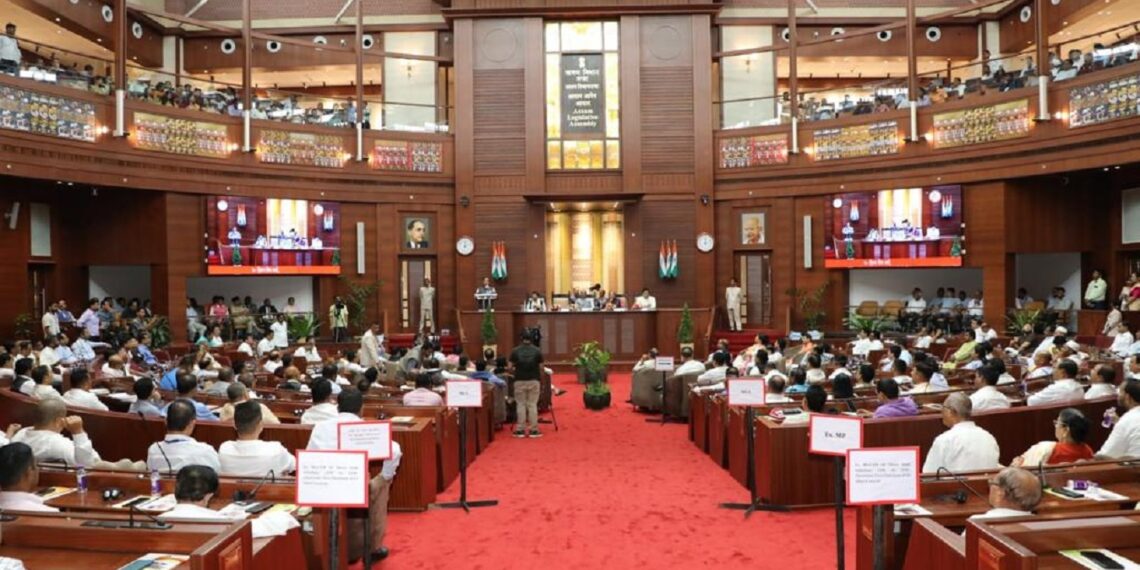GUWAHATI: The Assam Assembly dismissed a private member’s resolution which advocated for the adoption of the Women’s Reservation Bill by the Parliament as Chief Minister Himanta Biswa Sarma argued that the topic was beyond the scope of the state legislature.
Congress representative Sibamoni Bora had put forth the resolution, highlighting the significance of the bill which guarantees 33% reservation for women in the Lok Sabha as well as in state assemblies.
Bora asserted that even though there are provisions for women’s reservation in panchayats and urban bodies, the real shift towards “true political empowerment” would be visible only when a larger number of women secure positions in top decision-making institutions.
Bora highlighted that the current Assam Assembly comprises merely six female members out of the total 126. Ideally, based on the proportionate population representation, the number should have been closer to 63. If the 33% reservation were to be implemented, this figure should rise to 42.
Further, she pointed out the BJP’s commitment to passing the women’s reservation bill, as mentioned in their general election manifestos for both 2014 and 2019. “Several other state assemblies have already endorsed this bill. Today, it’s the Assam Assembly’s turn to push Parliament in the right direction,” Bora remarked.
Reacting to these comments, Sarma conveyed that the bill’s consideration fell outside the assembly’s jurisdiction. He believed it was the Parliament’s responsibility to deliberate and decide on this matter.
Highlighting the centre’s efforts, Sarma stated, “The central government has been championing a development model led by women, empowering them to assume vital roles across various sectors.”
Sarma further elaborated on his stand by saying, “We shouldn’t pressure Prime Minister Narendra Modi regarding this issue when there’s no requirement to do so. We trust his leadership thoroughly.” He also mentioned that similar pressures were never exerted on former Prime Ministers like Manmohan Singh, Deve Gowda, or Gujral.
Despite the state government’s stance against the resolution, Bora chose not to retract it. The proposal was eventually rejected through a voice vote.















